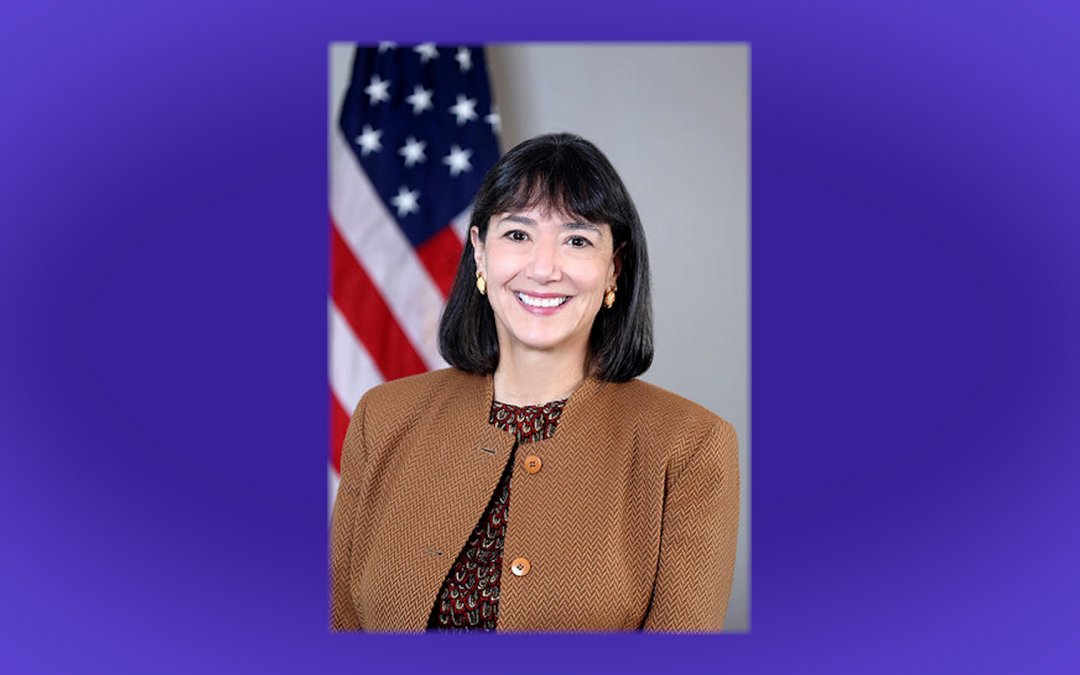WASHINGTON – Senators finally held a confirmation hearing on Wednesday for President Biden’s nominee to lead the National Institutes of Health, Dr. Monica Bertagnolli, for a position that has been vacant for nearly two years.
Bertagnolli was nominated in May after Dr. Francis Collins retired in Dec. 2021. But soon after, Sen. Bernie Sanders (I-Vt.), the chair of the Senate Committee on Health, Education, Labor and Pensions, held up until now Bertagnolli’s nomination, calling on the White House to take action on drug costs. The committee will hold a markup next week on Wednesday to vote on her position.
Sanders finally agreed to schedule her confirmation hearing after the Biden administration last month struck a $326 million contract last month with biotech giant Regeneron to ensure that prices for a potential COVID-19 monoclonal antibody treatment are kept low in the United States.
“We need fundamental changes in the way that the NIH addresses the crisis of the high cost of prescription drugs,” Sanders said on Wednesday. A June report by committee Democrats showed that the average price of new treatments that NIH scientists have helped develop is $111,000.
“If American taxpayer dollars helped develop a drug, we should be paying the lowest prices in the world, not the highest,” Sanders said.
Sanders has also been one of the strongest proponents of “march-in rights,” which would authorize the federal government to require relicensing of a patent developed with any amount of federal funding.
Bertagnolli assured the senator that she supported affordable care. “I have sat in the clinic next to patients of my own who, for one reason or another, could not afford their treatment. It is a tragedy,” Bertagnolli said. Bertagnolli, however, did not commit to using march-in rights as a part of her vision for the NIH, which alleviated Republican concerns.
Bertagnolli has served as the director of the National Cancer Institute, the top-funded institute under NIH, since October. Soon after, she underwent treatment for early-stage breast cancer.
Bertagnolli has also worked on Biden’s Cancer Moonshot initiative. She served as the chief of surgical oncology at the Dana-Farber Cancer Institute and the president of the American Society of Clinical Oncology from 2018 to 2019, where her work focused on expanding access to cancer care in underserved rural communities.
If confirmed, Bertagnolli would be tasked with leading the largest public funder of medical research in the world, an agency that has come under withering criticism from Republicans in Congress following the pandemic.
“Unfortunately, [the NIH’s role] has become a lightning rod for partisan debates during the COVID-19 pandemic, eroding trust between the public and the NIH,” Ranking Member Sen. Bill Cassidy (R-La.) said in his opening remarks.
Other GOP lawmakers also highlighted the lack of trust that the agency has garnered among constituents.
“The NIH used to be [a] universally respected, non-political organization before COVID, but that trust has been broken, especially in rural parts,” Sen. Tommy Tuberville (R-Ala.) said. Regaining public trust in the agency is one of her top priorities, Bertagnolli replied.
“I believe deeply in the doctor-patient relationship,” she said. “A patient comes and puts their life and their health in the hands of their doctor, and anything we can do to strengthen the doctor-patient relationship is something we should pursue to the fullest extent possible.”
Republicans also pressed Bertagnolli on whether she would further investigate the origins of the virus and its potential roots in a lab in Wuhan, China.
“I think no one wants to know what the true origin of the last COVID pandemic was more than the Biden administration,” she said.
Senators also questioned Bertagnolli on chronic disease research, the opioid crisis, fetal tissue research and transgender care.
“Do you think there is any experiment that you could think would justify irreversibly damaging these poor little boys and girls?” Sen. Roger Marshall (R-Kan.) asked, in reference to whether the NIH should fund studies examining gender-affirming hormonal therapies and surgeries.
“We have the greatest responsibility to ensure two things. First, that we serve all people, all walks of life and that we really are here to achieve the health of all. And number two, that any research that we do that involves human beings people is conducted according to the highest ethical principles,” Bertagnolli said on this topic.
Research from the American Academy of Pediatrics, as well as other respected medical organizations, stresses that attacks on gender-affirming care pose severe threats to the mental health of transgender youth.
Bertagnolli’s experience as the current director of the National Cancer Institute and as former president of the American Society of Clinical Oncologists prompted senators to ask how she would bring those skills to this new role.
“I am very familiar to working with colleagues in cardiology, in mental health, in opioid use disorder, in kidney disease to take care of my patients with cancer, and I feel very comfortable engaging with the broadest possible team of researchers focused on bringing health to people,” Bertagnolli said.
“Many of the diseases that we are working on…have many common elements,” the doctor said. “The need to have care access to every community, but even down to the biology.”
Expanding diversity in clinical trials and research staff is another priority Bertagnolli outlined, calling for a more representative research workforce and patient pool to treat diseases like diabetes and obesity which disproportionately harm marginalized communities. Bertagnolli also reaffirmed her commitment to women’s health research, particularly with maternal health care.
If confirmed, Bertagnolli would be the 17th director of the agency and only the second woman to serve in that position.


